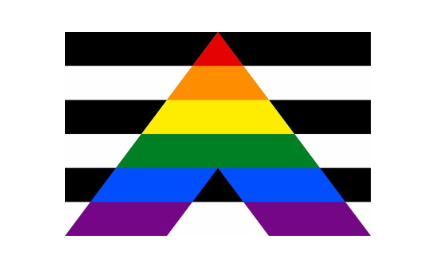
Defining Trauma Response
Trauma responses are what we do when faced with something traumatic. It depends on our past experiences and how we currently deal with stress and difficult situations.
Some people may feel numb or disconnected from their bodies, while others may feel extremely sensitive. Some people may want to talk about their experiences immediately, while others may need time to process everything that happened. Some people may have clear memories of what happened, while others may only remember bits and pieces.
Trauma Responses
Fawn
A fawn response is trying to avoid conflict by excessively pleasing others. This might involve putting the needs of others ahead of your own, even if it means sacrificing your own well-being in the process.
This response indicates that you may have difficulty asserting yourself and asking for what you need in your relationships. You may have been taught implicitly or explicitly that your needs are not important, so you tend to downplay them. This may be a result of your early relationships, where you learned that it was necessary to be pleasant and not have needs to maintain the relationship.
It’s essential to be in a relationship where you can be honest about your needs and feelings. Your needs should be met in the same way that you meet the needs of others. Using the fawn response might mean that conflict resolution is one of your relational strengths. This can be a strength, and it can also be important to advocate for and meet your needs.
Fight
A fight response is when you use conflict to deal with trauma. This can be either verbal or physical fighting. This can create a sense of safety because it builds a wall between you and the person you’re fighting with. This can be helpful if the person you’re fighting with is unsafe or if you’re in danger.
This response is designed to protect you from harm, but it can also prevent you from forming close relationships with people who are safe. You may have developed this response if you grew up in a household with a lot of fighting or didn’t have anyone to protect you.
Being in relationships where you feel safe enough to let your guard down is essential. If you’re always ready to fight for yourself or others, that’s a strength, but it’s also important to relax and be supported in a safe relationship.
Flight
The flight response is a mechanism that helps us avoid dangerous situations. It is characterized by a sudden urge to leave or get away from the perceived threat. This can happen both physically and mentally, and it is our body’s way of protecting us.
The flight response is a way of protecting yourself from further trauma. It may prevent you from being able to form healthy relationships because you are constantly running away from potential threats. This response may have developed if you did not have any positive relationships in your life that helped you deal with your emotions.
You deserve to feel safe in your relationships and to be around people who will help you manage your emotions. If you’re always on the lookout for danger, you might miss out on some good opportunities. But if you’re too trusting, you might end up in some bad situations.
Freeze
When you freeze in response to a stressor, it may feel like you are intentionally shutting down. Alternatively, it may feel like something is just happening to you. For instance, you might feel like your mind is blank, that you can’t move or take action, or that you’re dissociating from the situation. This might feel like safety because you are not mentally or emotionally present in the situation.
This response may have served you well in the past, but now it’s time to let it go. This response is no longer helpful and is actually getting in the way of you living a full life. It’s essential to be in relationships with people who understand and are supportive that you may need to take things more slowly in intense situations. If you often utilize a freeze response to cope, it can be challenging to be present in safe conditions.
Conclusion
If you find that you are constantly responding to non-traumatic events with reactions that are more appropriate to traumatic events, it might be a sign that you need more support to deal with your trauma and your responses to it. Taking the time to understand why you are reacting to certain situations in this way can help you figure out what needs are not being met.
Are you looking for ,trauma counselling in Vancouver? Trust West End Counselling Centre. We offer in-person and online counselling for anxiety, relationships, depression, family, and more. Book a free consultation.







